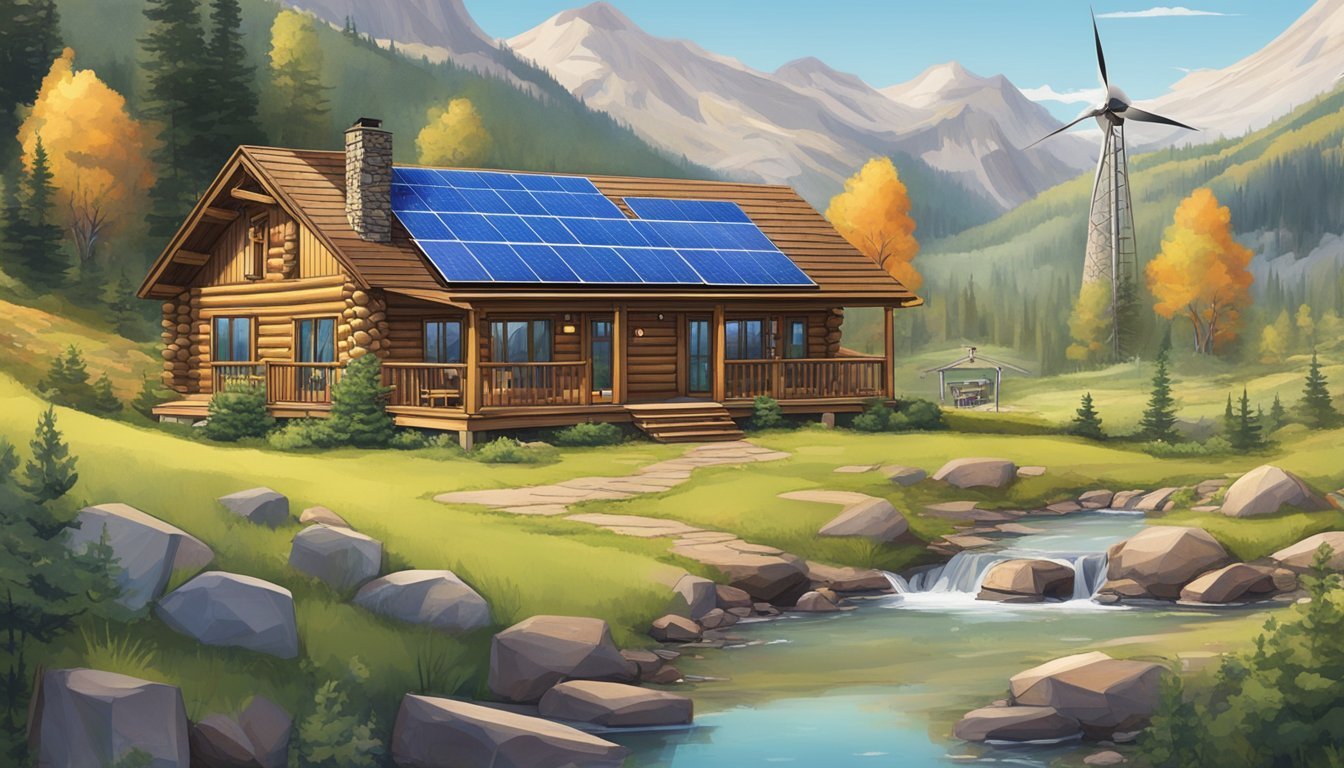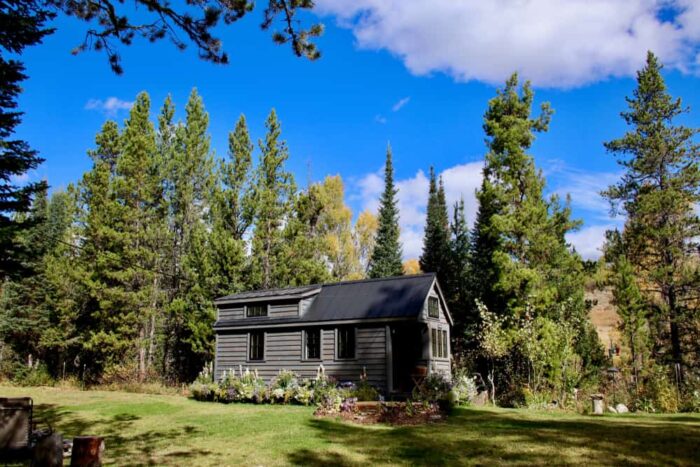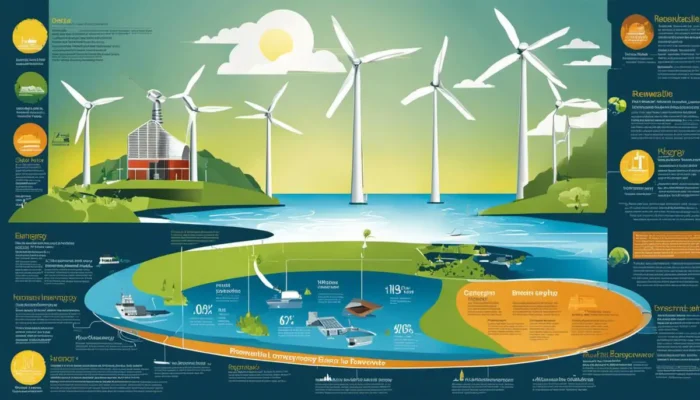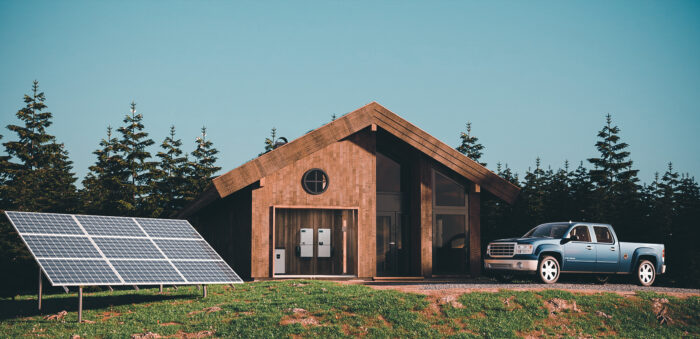
Off-grid living has become an increasingly popular lifestyle choice for many seeking independence and a closer connection to nature.
This approach involves living without reliance on public utilities, such as electricity, water, and gas, often using renewable energy sources and sustainable practices.
But the question remains: Can off-grid living be sustainable long-term?
The Benefits of Off-Grid Living

One of the primary reasons people to choose off-grid solar panel system is the environmental benefits. By using renewable energy sources like solar, wind, or hydropower, individuals can significantly reduce their carbon footprint. Solar panels and wind turbines are becoming more efficient and affordable, making it easier for off-grid enthusiasts to generate their own power. Additionally, living off-grid encourages a minimalist lifestyle, reducing waste and promoting the use of sustainable materials.
Challenges and Solutions
While the benefits are clear, off-grid living does come with its challenges. One major concern is the initial cost of setting up an off-grid system. Solar panels, batteries, and other necessary equipment can be expensive. However, many see this as a long-term investment that eventually pays off through reduced utility bills and greater self-sufficiency.
Water supply is another critical issue. Off-grid living requires a reliable source of water, which can be achieved through rainwater harvesting, wells, or nearby natural water sources. Proper filtration and conservation methods are essential to ensure a sustainable water supply.
Waste management is also crucial for long-term sustainability. Composting toilets and recycling systems help manage waste effectively, turning it into valuable resources for gardening and farming.
Technological Advancements

Advancements in technology have made off-grid living more feasible and sustainable. Innovations in solar and wind energy, as well as battery storage, have greatly improved the efficiency and reliability of renewable energy systems. Smart home technology can also be integrated to monitor and optimize energy usage, further enhancing sustainability.
Community and Support
Building a supportive community is vital for those living off-grid. Sharing knowledge, resources, and skills can help overcome challenges and foster a sense of solidarity. Many off-grid communities and online forums provide valuable information and support for those looking to transition to this lifestyle.
Financial Considerations
While the upfront costs can be high, off-grid living can be financially beneficial in the long run. By eliminating monthly utility bills and producing your own food and resources, significant savings can be achieved. Additionally, some governments offer incentives and tax breaks for using renewable energy systems, further offsetting initial costs.
Environmental Impact
Living off-grid can have a positive environmental impact. By reducing reliance on fossil fuels and decreasing waste, off-grid individuals contribute to a healthier planet. Sustainable practices such as permaculture, organic farming, and water conservation further enhance the ecological benefits of off-grid living.
Conclusion

Off-grid living can indeed be sustainable long-term with the right planning, resources, and commitment. While it poses certain challenges, technological advancements and community support make it increasingly accessible and viable. By embracing renewable energy, conserving resources, and reducing waste, off-grid living offers a promising path toward a sustainable and self-sufficient future. For those willing to make the investment and adapt to a simpler, more mindful lifestyle, the benefits can be profound and far-reaching.














